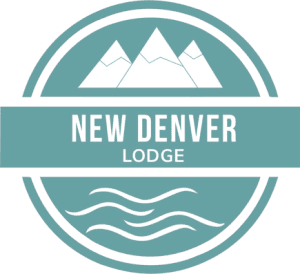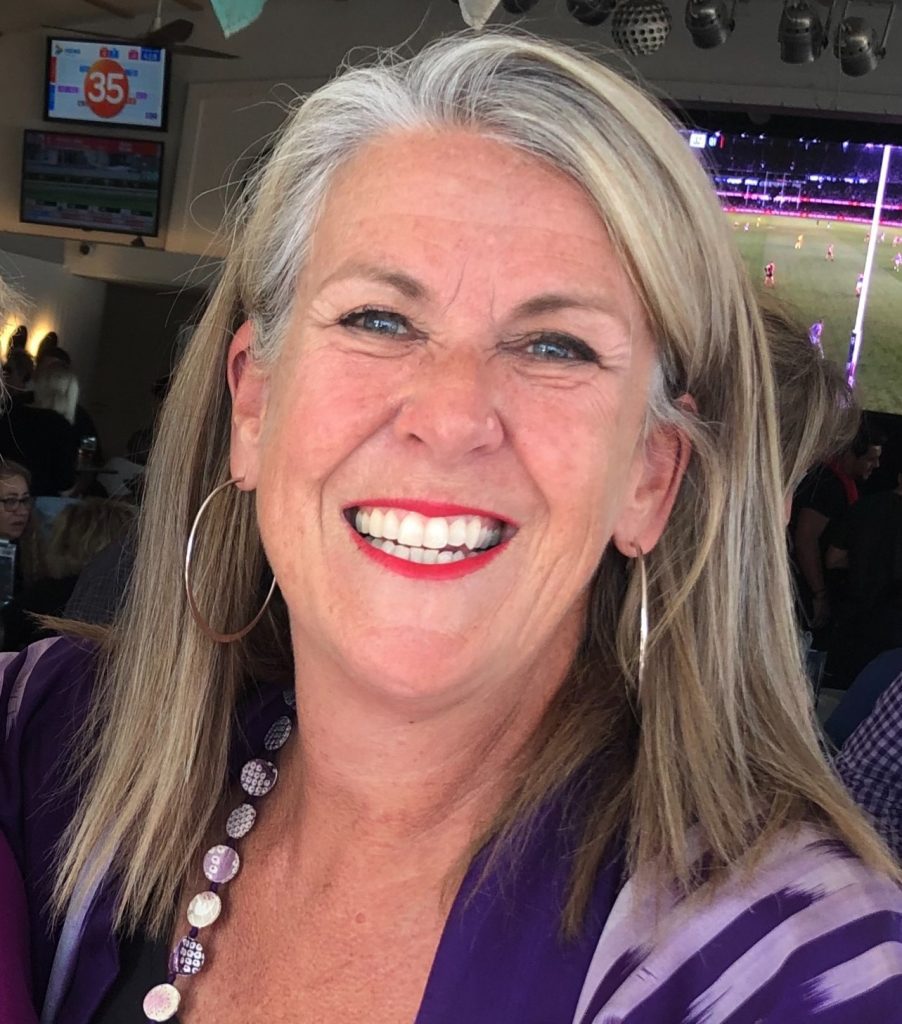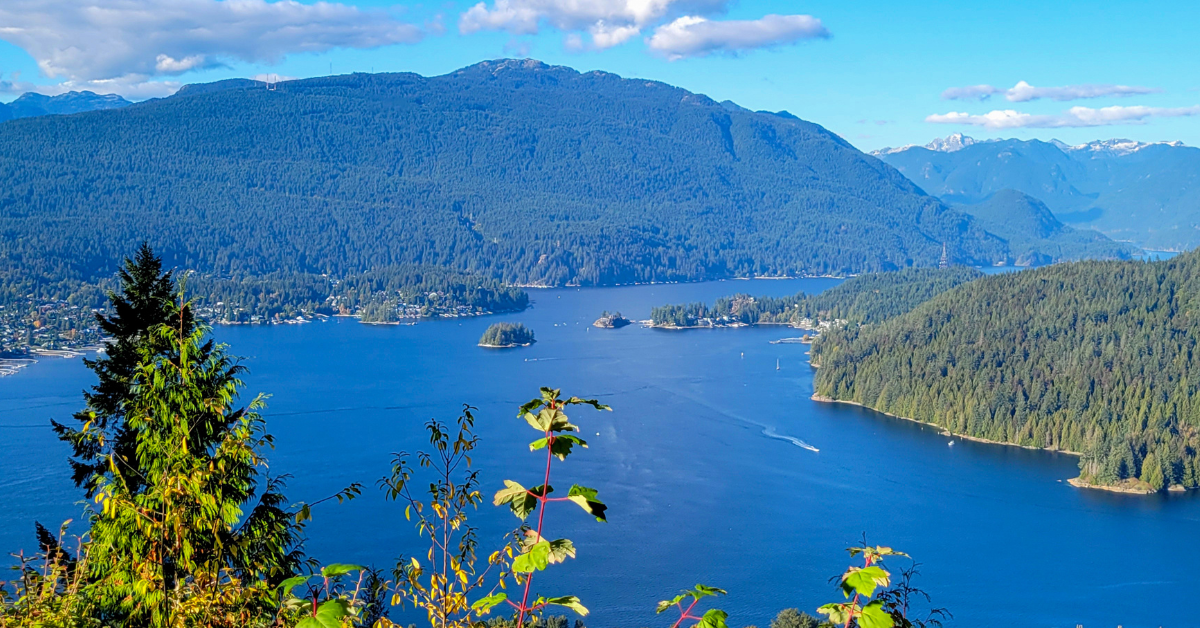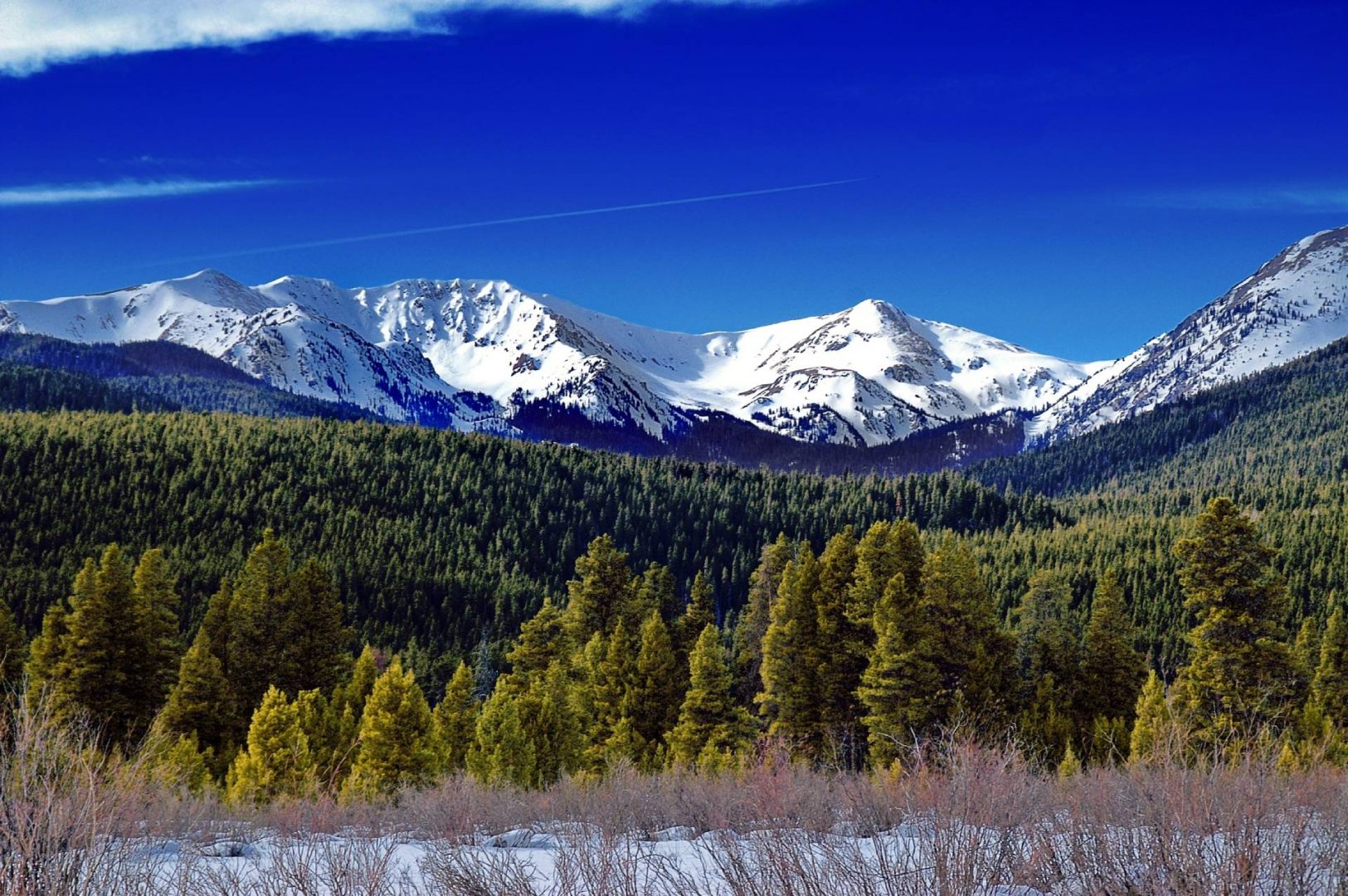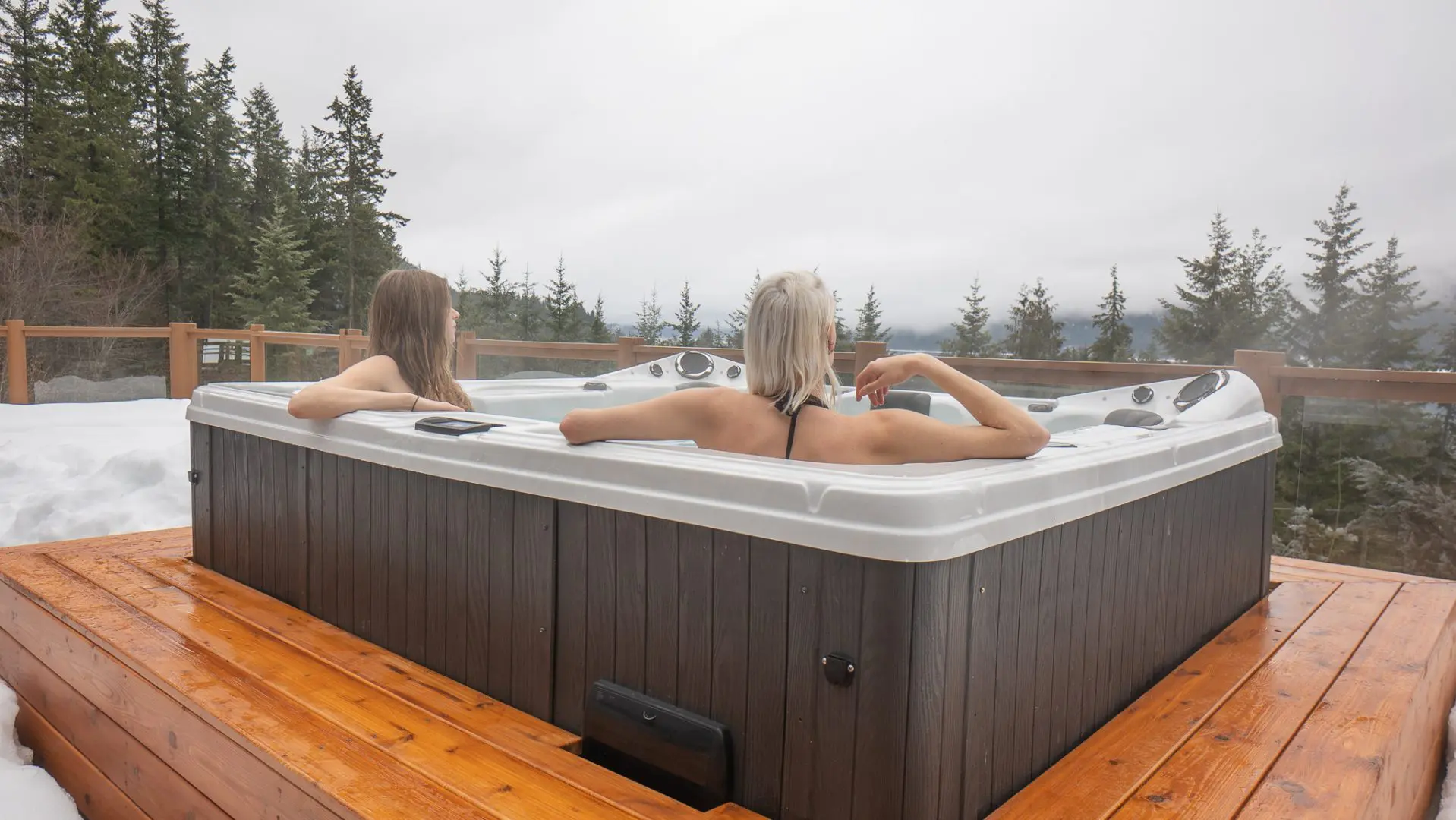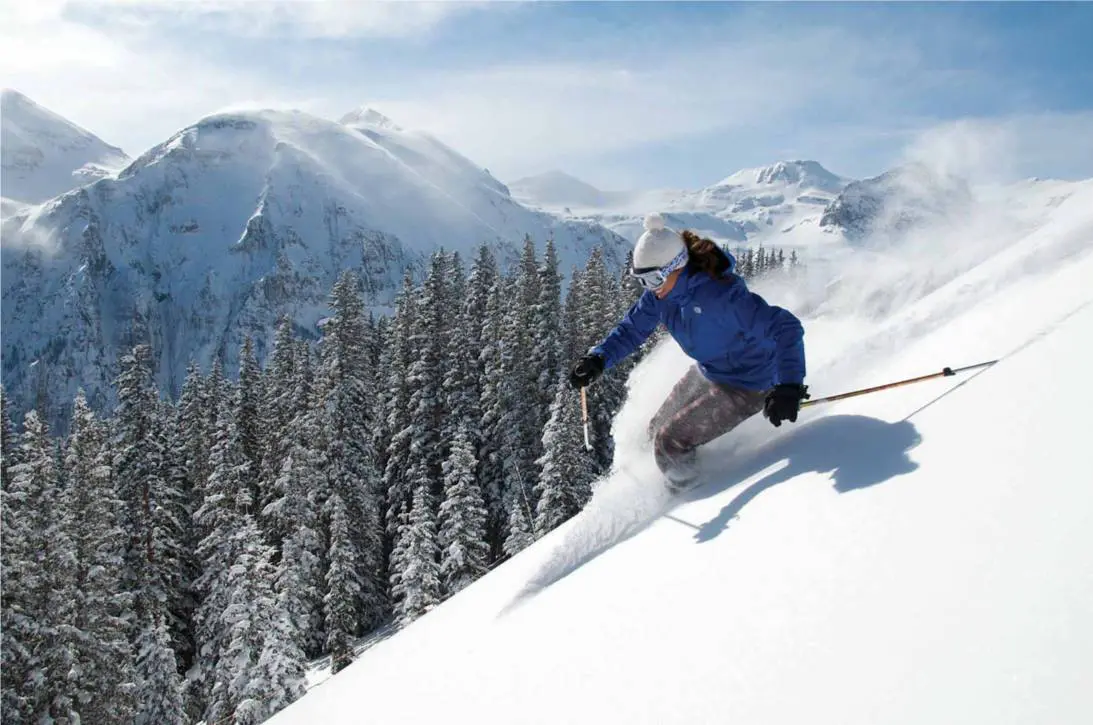British Columbia is a paradise for retreats, offering breathtaking natural beauty and a serene environment. Get ready to create an unforgettable and transformative experience for your participants with our comprehensive guide, perfect for planning a wellness, healing, or yoga retreat.
Experience a rejuvenating escape from daily chaos with retreats. Reconnect with yourself, nature, and others for a fulfilling journey. The success of a retreat depends on careful planning and attention to detail, from choosing the right location to curating meaningful activities.
If you’re considering hosting a retreat in British Columbia, you’re in luck! This beautiful province is a haven for retreats, with its stunning landscapes and tranquil settings. British Columbia has something to offer whether you envision a wellness, healing, yoga or spa retreat. To help you plan a successful event, we’ve compiled this comprehensive guide with all the essential steps and considerations.
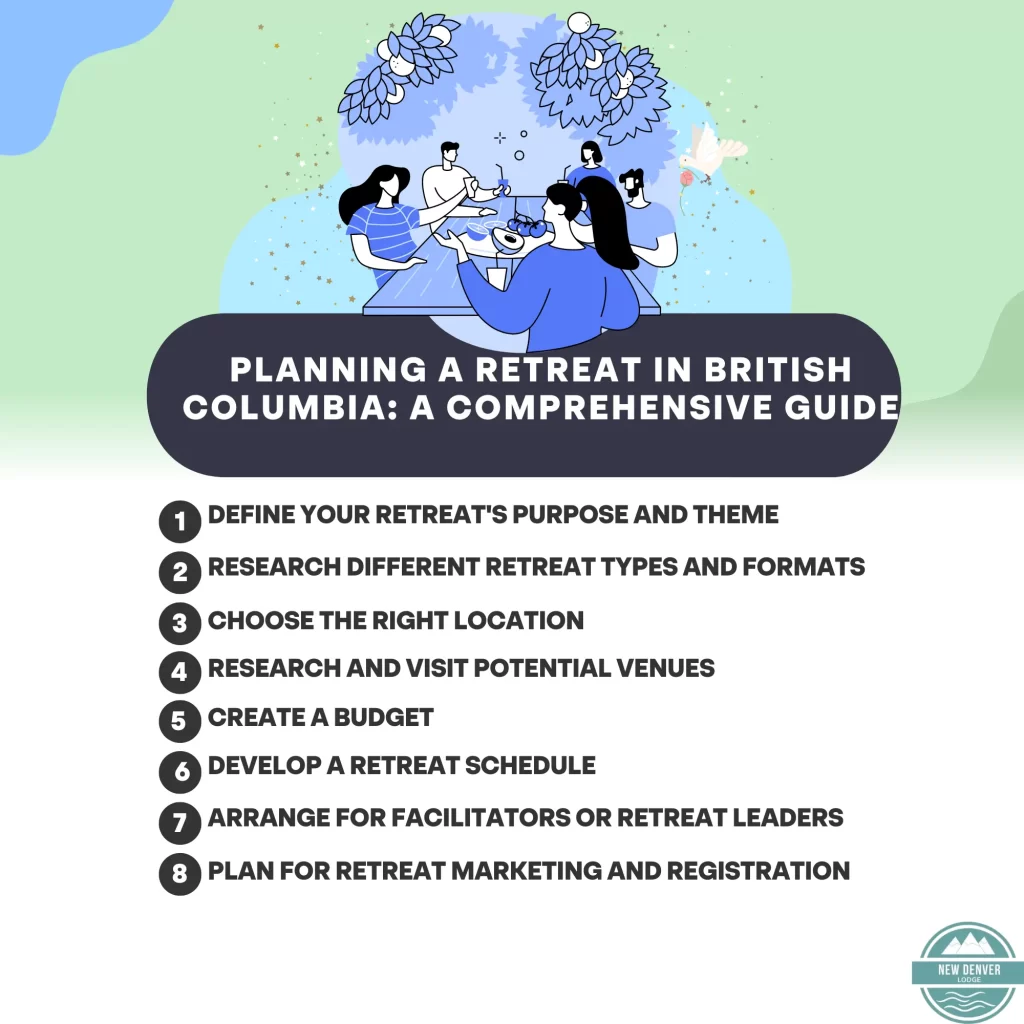
1. Define your Retreat’s Purpose and Theme
Every retreat starts with a vision. Before diving into the logistics, take the time to define the purpose and theme of your retreat clearly. Ask yourself: What do you want participants to gain from the experience? Are you focusing on relaxation, personal growth, or skill development?
Once you have a clear vision, it will serve as a compass for all your planning decisions. Everything from the activities and workshops to the venue choice should align with your retreat’s purpose and theme.
2. Research Different Retreat Types and Formats
The next step is to explore different retreat types and formats to find the one that best suits your vision. Here are a few popular options:
a. Wellness Retreats
Wellness retreats promote holistic well-being, often incorporating activities like yoga, meditation, spa treatments, and healthy dining. They provide a rejuvenating experience for participants, helping them relax and recharge.
b. Healing Retreats
Healing retreats create a supportive and nurturing environment for individuals seeking physical, emotional, or spiritual healing. These retreats can offer various modalities, such as mindfulness practices, therapy sessions, and nature immersion, to facilitate healing.
c. Yoga Retreats
Yoga retreats are a blend of serene getaways and transformative yoga experiences. With its awe-inspiring landscapes, British Columbia is a sought-after destination for yoga enthusiasts worldwide. From the coastal beauty of Vancouver Island to the mountainous splendor of the Rockies, the province offers a diverse range of settings for yoga retreats.
d. Spa Retreats
Spa retreats are all about pampering and self-care. They provide a range of luxurious treatments, such as massages, facials, and body wraps, amidst a serene and picturesque environment.
e. Other Retreats
In addition to the mentioned retreats, there are many other options to consider, such as:
- Artistic and creative retreats
- Corporate retreats
- Outdoor adventure retreats
- Writing retreats
- Culinary retreats
- Spiritual retreats
- And more!
3. Choose the Right Location
Once you’ve decided on the type of retreat, the next step is to find the perfect location. With its diverse geography, British Columbia offers many options to suit every retreat’s needs.
If you’re leaning towards a wellness or healing retreat, consider places immersed in nature, such as forests, mountains, or near hot springs, to create a serene and rejuvenating ambiance.
On the other hand, if you’re planning a yoga retreat, look for locations with picturesque surroundings that can enhance the overall experience. Coastal areas, like Vancouver Island, provide a tranquil backdrop for relaxation, while mountain settings, such as the Rockies, offer a sense of awe and adventure.
For spa retreats, seek out destinations known for their luxury and tranquility, where you can find a combination of serene landscapes and upscale amenities.
4. Research and Visit Potential Venues
The success of your retreat hinges on the venue you choose. Once you’ve shortlisted a few potential locations, dive into detailed research about each venue. Consider the following:
a. Capacity and Accommodation
Ensure the venue comfortably accommodates expected participants and has necessary retreat facilities, like meeting or outdoor spaces. If your retreat spans multiple days, the venue should have appropriate accommodation for the duration of the event.
b. Amenities and Services
Depending on your retreat’s needs and budget, look for amenities and services that align with your vision. This could include on-site catering and event planning assistance to specialized facilities like yoga studios or spa centers.
c. Accessibility and Transportation
Consider the ease of access for your participants. If most travel from out of town, choosing a venue near airports or significant transportation hubs is essential. Additionally, consider transportation logistics during the retreat, especially if you plan to explore the surrounding area.
d. Reviews and Reputation
Before making a final decision, read reviews and testimonials from previous clients. This will give you insights into the venue’s reputation and the quality of its services.
e. Create a Budget
Planning a retreat involves financial considerations. To stay on track, create a budget early in the planning process. Consider the following expenses:
- Venue costs (including accommodation)
- Meals and refreshments
- Transportation (for participants and, if necessary, for excursions)
- Speaker or facilitator fees (if applicable)
- Event materials and equipment
- Marketing and promotional expenses
- Contingency fund
6. Develop a Retreat Schedule
A well-crafted schedule is the backbone of any successful retreat. Start by outlining the key events and activities, considering the desired flow and pace of the retreat. Allow for a balance between structured sessions and free time, allowing participants to relax and integrate their experiences.
Remember, flexibility is crucial. While it’s essential to have a schedule, leave room for adjustments and spontaneity, as retreats often unfold in unexpected ways.
7. Arrange for Facilitators or Retreat Leaders
The success of your retreat depends on the expertise and guidance of facilitators or retreat leaders. If you’re not leading the retreat, start finding and securing the right people for the job. Consider the following when making your selection:
a. Experience and Credentials
Evaluate potential facilitators’ experience and credentials with your retreat’s theme and objectives. Consider success record and expertise when choosing someone to create transformative experiences. It is recommended that the individual possesses a demonstrated history of success in this area.
b. Communication and Compatibility
Effective communication is essential for a smooth retreat. Ensure that the facilitators are aligned with your vision and willing to collaborate: schedule initial meetings or calls to assess their compatibility and discuss expectations.
c. Contractual Agreements
Once you’ve decided, formalize the arrangement with a contract outlining the retreat’s dates, expectations, and compensation.
8. Plan for Retreat Marketing and Registration
To attract participants, you need an effective marketing strategy. To make your retreat a success, your first step should be to identify your ideal audience and then create a message highlighting your retreat’s unique advantages. This will help you grab your target audience’s attention and compel them to attend your retreat. So, start crafting your message today and make your retreat a memorable experience for all!
Explore various marketing channels like social media, email newsletters, and partnerships with relevant influencers or organizations. Elevate your retreat experience by leveraging the power of captivating visuals that depict the serene atmosphere and stunning location. Share these images with your guests and let them immerse themselves in the beauty and tranquility of the retreat.
As you generate interest, make it easy for potential participants to register. Set up a user-friendly registration process, clearly outlining the retreat’s details, pricing, and registration deadlines. Consider using an online registration platform to streamline the process and collect participant information efficiently.
Ready to plan your retreat in British Columbia?
Discover the perfect venue and create an unforgettable experience for your participants. Contact New Denver Lodge to learn more about our accommodation and amenities for British Columbia retreats.
Planning a retreat requires careful thought and consideration. By following these steps and planning, you can create a transformative experience for your participants in the breathtaking landscapes of British Columbia. Start planning your retreat today and embark on a relaxation, healing, or personal growth journey.
Explore the beauty of British Columbia and plan your retreat with us at New Denver Lodge. Contact us now to book your retreat and create lasting memories in this stunning destination.
